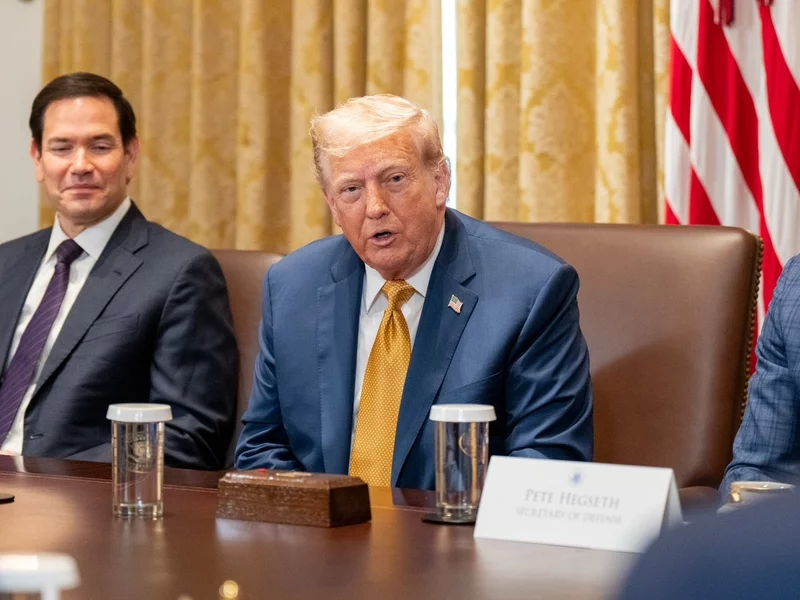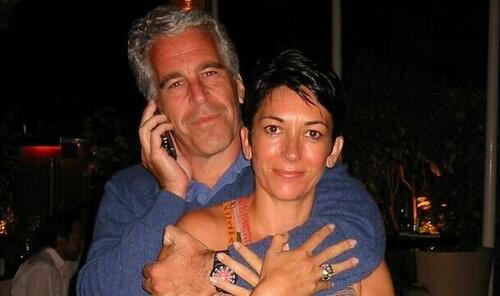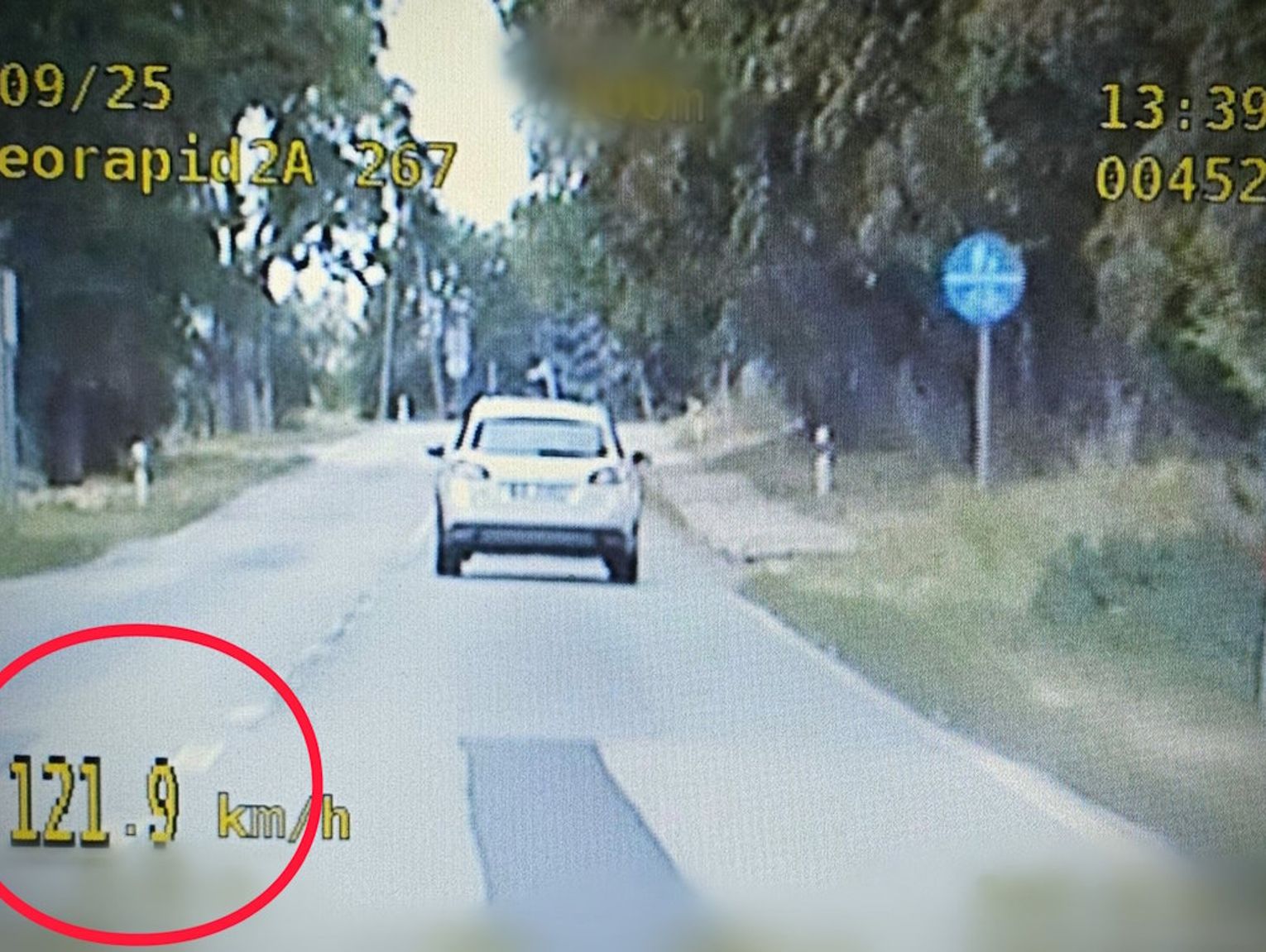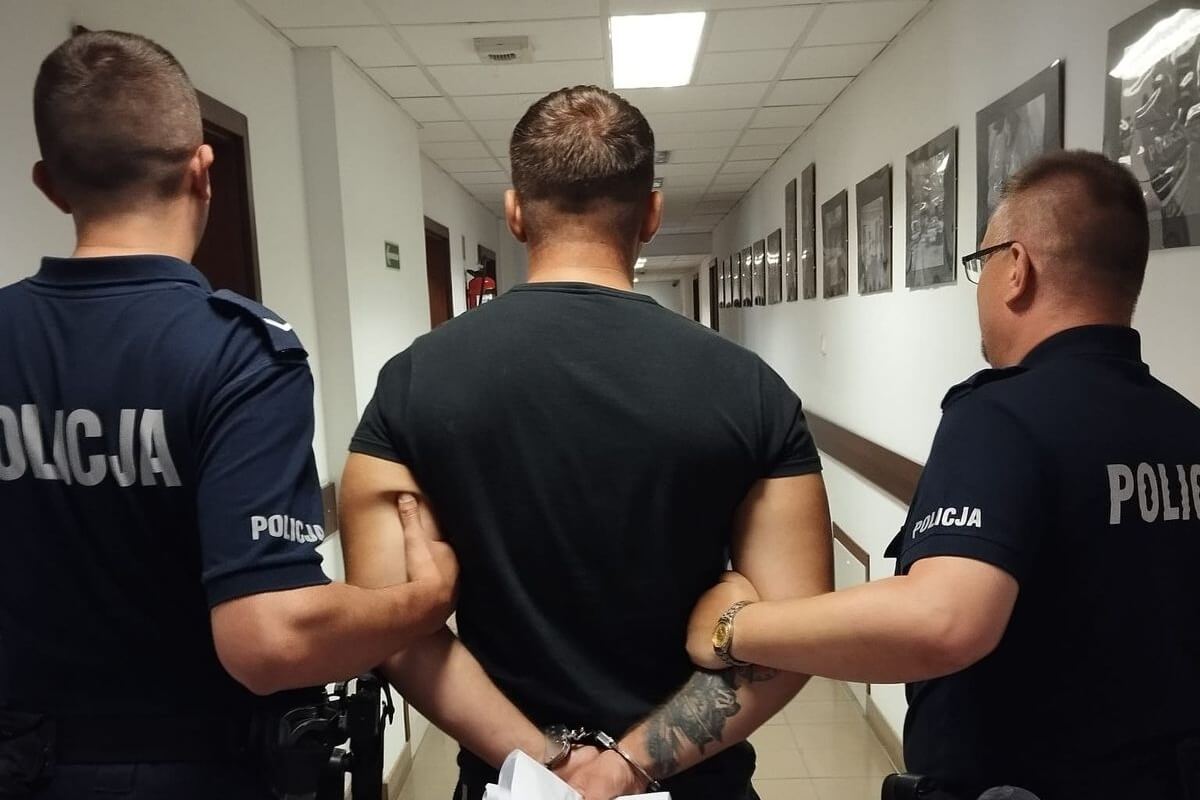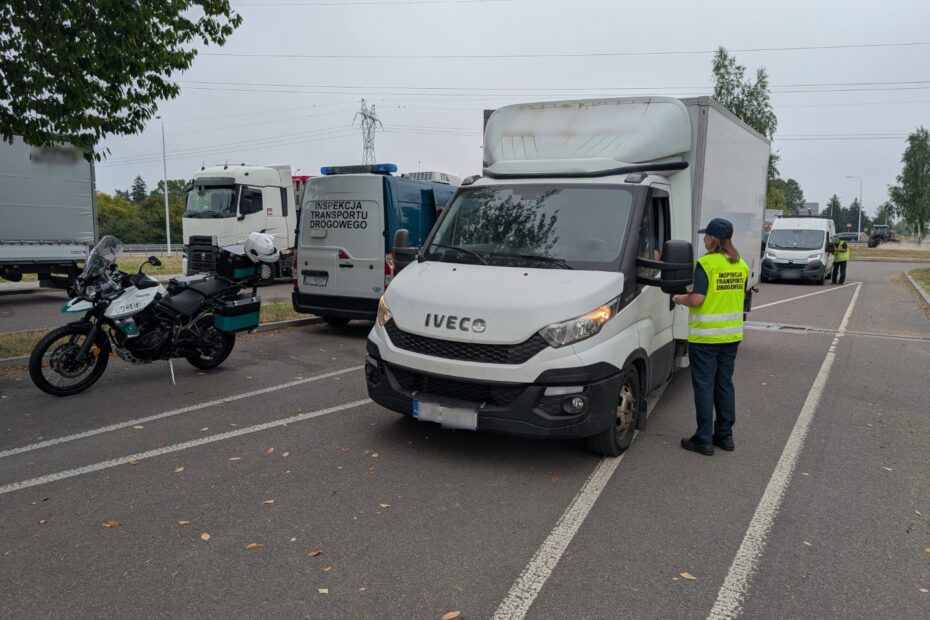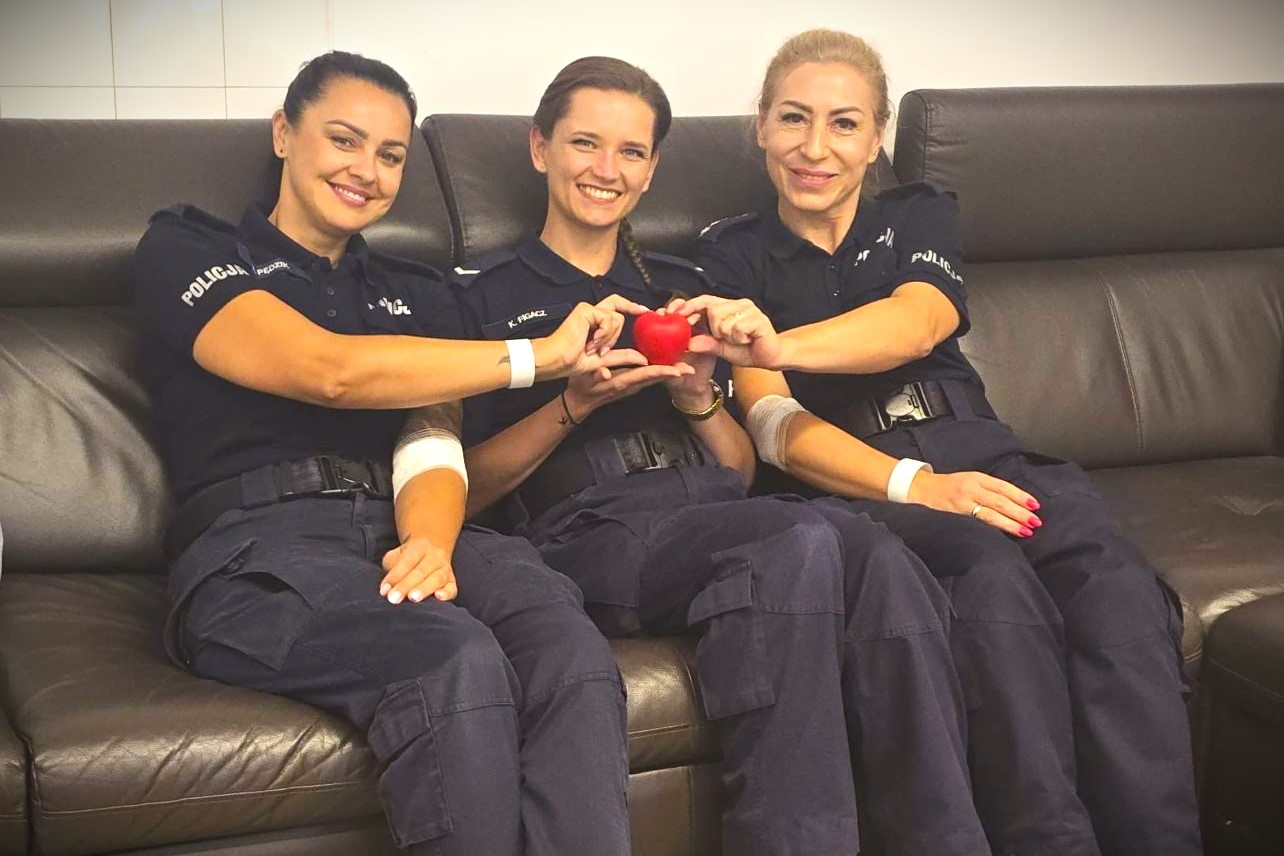on the margins of T. Carlson's interview with W. Putin, but not only
First of all, the Russians should answer the title question.
As is the case with this "possibility of an honest answer" we will most likely find out, due to the fact that presidential elections are just now, right now.
The answer is already known, and it reads: “Putin is Russia and Russia is Putin”. But let's think about what that means, and how actual is that slogan?
This slogan is well thought out and more effective is more and more worth so far than a twelve Russian divisions.
So even Joseph Stalin was not rather right erstwhile he asked, "How many divisions does the Pope have?"
Putin and the Collective West
Raising Putin’s “greatness” is an idea... The West, due to the fact that Putin has done and has done so far precisely what corresponds to the West, and this is:
– entering the concept of united Eurasia, from Lisbon to Vladivostok (Rotsyldowski project), here the main function of propaganda tube plays A. Dugin,
– acceptance of Russia's archaic thought as a passive treasurer of unprocessed minerals (project of global “Western” industrial corporations),
– Russia as a cash cattle serving to drain profits (an Anglo-Saxon thought of disposing of Russia’s capital) and alternatively of spending them on pro-development home investments placing them abroad in securities of de facto hostile states (mainly the US) or private accounts in taxation havens (controlled by British or American jurisdiction),
– Russia destroyed demographically with the aid of pauperization, emigration and influx of Central Asian nations (project, let's call it sorosowski),
– Russia supporting all globalist projects (WTC – as a slogan to fascism political and social life, clashes between Christians and Muslims, etc.; the Covid 19 pandemic as a tool for "healthy" terrorism; CBDC – as a tool for financial and social totalitarianism for the implementation of the script of "inclusive capitalism"),
– Russia, which does not fundamentally argue the speculative-lichavian utopia of alleged "climateism"; before full support of this energy-technological blackmail, is holding back Russian oligarchy only due to the fact that hydrocarbons are the main origin of its income for parasitic oligarchy.
The arrival of W. Putin to power was garnered in the legend of the "patriotic nucleus" inside Russian force ministries, which prevented Russia's "liberal devastation". In turn everything took place within the framework of the “renewed” image of the “comradorial liberality of the Jelcin family”. Putin's mechanics of reaching power has been rather clearly and accurately described by representatives of the patriotic-national Russian elite, among others by General K.P. Petrov:
https://ya.ru/video/preview/11425089503505420https://www.youtube.com/embed/0fBarnaGVM8&t=74shttps://www.youtube.com/embed/6avj0eS–RE&t=3shttps://www.youtube.com/embed/FbfXPGnm7tQhttps://www.youtube.com/embed/6475zQnfc2U&t=3shttps://www.youtube.com/embed/6_NuV7uad9M&t=36shttps://www.youtube.com/embed/6475zQnfc2U&t=21shttps://dzen.ru/video/watch/65815780c0e34228d1579c29?f=d2d
Putin and Imperial and Modern Russia
The tragedy of modern Russia is that Putin has no own, guiding, long-term idea, and much little a doctrine- to propose to the Russians and the world. Being simply a tube of the “temporary commercial doctrine” of his oligarchical environment, he is incapable to be the creator of the multipolar world, which he so frequently invokes. That's why China treats Putin only instrumentally – just like the West.
W. Putin not only for nearly a 4th of a century has not proposed any leading idea, and serving its implementation – socio-economic and political doctrines, but has strengthened and tries, as an alternative, to implement an Anglo-Zionist program of neo-feudal capitalism, defined as “inclusive capitalism”.
The ideological void of its quarter-century word (a four-year word of office, in the form of a single word as Prime Minister of Russia and D. Medvedev acting President, we treat only as a political grotesque) Putin tries to fill various attempts to resurrect the Caropower in the worst edition (i.e. the "imperator" tolerates interior fighting outside, and he himself acts as an arbitrator; and towards the people the "imperator" seeks to make the image of an anointed and non-alternative savior. In the realities of the fresh information and awareness reality, both of these roles are not best, but artificially, – simply despite socio-technical and administrative procedures it is not possible to inhibit the increase in social knowledge, awareness and willingness to actively participate in decisions and effects of the resources and work of the broad masses of society. The involuntary social effect of specified a “strategy” of the central centre of power and its followers in the regions is the expansion of corruption and mafia structures, the emigration of many of the most assertive and creative people, or known for the experiences of Polish “internal emigration” and social alienation.
The inability to carry out the imaginary function of an "imperator-good tsar" must yet make a temptation to grow totalitarian practices and fascism of socio-state life, as well as the desire to prolong the state's destabilisation, as exemplified by the war with Ukraine (de facto with part of the western economic-military complex) destroying human possible and serving to free itself of the patriotic Russian elites - not accepting the objectives and strategies of the "collective Putin" – i.e. the household complex or group interests utilizing the attributes of state power and parasitising the resources and work of the Russian society.
Putin's policy has consistently implemented a programme of "inclusive capitalism" adding to it the degenerate aspects of quasi-state, replaced by regional mafia and pseudo-elite agreements.
Putin a Poland
I will dedicate this peculiar publication – especially in the light of what follows from Tucker Carlson's last interview with Vladimir Putin. At this point, I will confine myself only to the request already made on the basis of this interview.
It is simply a good thought that the "historical movements" of W. Putin, especially in relation to Poland – Slavic, noble, under the partitions (e.g. German-Russian), as well as the independent inter-war Poland – take the form of repetitive infidelity and even political hostility – with clear sympathy for German revisionism.
The deficiency of criticism – in view of specified a position of the president of Russia, and I would add that this is not about alleged "angry anti-putinism or morbid anti-Russianism" – from Polish supposedly patriotic environments should be considered an unforgivable mistake – which can only be understood by naive religion and deficiency of cognition about contemporary Russia, or by the service dependence on the centres of Prokremlian propaganda, which do not be in Poland, as well as the centres of influence from another geographical and political directions.
As a supporter of the thought of sovereign Poland and the self-determination of Poles with their priorities and improvement goals, I do not accept the capitular position, and even more so the collaborationist position with any external centre.
PZmore
Love or not love Putin... in the context of Ukraine and Donbass?
more
T. Carlson's interview with W. After all, Putin is besides afraid with 1 of the most crucial and very current events – the ongoing war in Ukraine, the effects of which we are not yet full predicted, and even more so the consequences of ending this war for political and economical relations not only regional (Central and Central Europe) but besides supraregional (Europe and the mediate East) and even global (the consequences of the result of the war for trilateral relations: USA-China-Russia).
For the quarter-century presidency and regulation of W. Putin in Russia, there is simply a process taking place in Ukraine (launched earlier but at that time intensified) oligarchization, consistent creation of social consciousness bases to aggressive, militant anti-Russianism, and yet open glorification of chauvinism and Nazism – especially in Western Ukraine (as regards the 2 last phenomena).
There is no way Putin is not acquainted with the content of 1 of Zbigniew Brzeziński's most fundamental works. : The large Chessboard: American Dominance and Its Geostrategic Imperatives, published in 1997 Analyzing leading players in the game on the planet political chess board, Brzeziński identifies 2 groups of crucial countries: geopolitical players and geostrategic centres. Ukraine is simply a group of 5 countries that belong to geopolitical centres. According to Brzeziński, the existence of Ukraine as an independent state helps to transform Russia, preventing it from remaining an Eurasian empire. Without Ukraine, Russia will stay mostly an Asian imperial power, possibly entangled in devastating conflicts in an increasingly liberalized region of Central Asia. This means that it truly depends on Ukraine whether Russia will become a average democratic state or stay an Asian sub-power.
I'm certain Putin was besides known, this the arrogant opinion of the American Senator and Republican organization candidate in the 2008 presidential election of John McCain, who called Russia "a gas station with atomic missiles". In this way, he stressed both the mediocre condition of Russia's economy outside the fossil fuels sectors and the dependence of the erstwhile empire on the sale of these fuels.
It is besides impossible that analysts and Russian services do not study to president Putin what is happening in Ukraine, especially in 2004 and then in 2008 and yet in Kiev at the turn of 2013/2014.
————————————–
Why did I compose all this? That's to draw the background of what happened in early May, precisely on May 7th in Moscow, and which for any reason is seldom mentioned.
I present only a list of events and comments from this period, and I leave the conclusions to readers.
PZ
———————————————
Putin called for the cancellation of referendums scheduled for May 11
After negotiations with OSCE president Didier Burkhalter
07.05.2014
On Wednesday, the president of Switzerland and president of the OSCE Didier Burkhalter broke the isolation in which Vladimir Putin was located after the annexation of Crimea. He, as a typical of a neutral country and head of a safety organisation in Europe, was given the task of discussing privately with the Russian leader of the situation in Ukraine and urging him to influence the rebellious southeast. The mission was partially successful: after the negotiations Putin called for the 11 May referendums in the pro-Russian regions to be cancelled.
Since the beginning of March, the Russian president has not met with any Western leader, and has regularly only communicated by telephone with Angela Merkel, who has taken on the function of the lead negotiator with the Kremlin. Putin besides agreed earlier to Burkhalter's visit with Merkel: after Russia contributed to the release of OSCE observers detained in Slavic Republic, The West decided to effort to influence the future policy of the Russian authorities by restoring individual contacts. “Dialogue is the most important”, said the Swiss guest as shortly as he crossed the threshold of Putin's Cabinet in the Kremlin. "It is very crucial to be able to communicate".
Before the meeting, the OSCE did not hide: 1 of Burkhalter's main tasks was to convince Putin to recognise the elections in Ukraine held on 25 May. "Delaying the democratic process is always a bad idea," insisted the secretary-general of Lamberto Zannier. For the OSCE it will be the largest mission in history: about a 1000 observers will arrive to monitor the expression of the Ukrainians' will. The West expects Russia to take at least a neutral position, and it is best to make all effort to force self-defense forces to lay down their weapons on the eve of the election, promising alternatively force on Kiev. "The democratic process is impossible erstwhile people run around the city with guns in their hands," the OSCE complains. At the same time, the representatives of the organisation will not go to the referendum in Donbasa on 11 May and its results will not be deemed to be contrary to the country's current constitution. The West wants Russia to agree to the following expression for Ukraine: first elections, strengthening the authority of political institutions, and then a referendum on the future structure of the country.
Otherwise, alternatively of a national debate, there will be another escalation of the armed conflict. And Russia is facing a 3rd wave of sanctions, including commercial and economical measures. Didier Burkhalter said he would like to discuss details of the "roadmap" which will avoid specified developments and aid to remedy the crisis. "You know our position," said Vladimir Putin in his reply, agreeing to "re-examine the situation" and "try to find a way out."
for:https://www.mk.ru/politics/2014/05/07/putin-prizval-otmenit-referencendumyi-11-maya.html
Background of the conversation – seizure of Crimea in 2014
https://pl.wikipedia.org/wiki/Anexja_Krymu_via_Russia%C4%99
https://pl.wikipedia.org/wiki/Prorossian_separatism_na_Ukraine
https://pl.wikipedia.org/wiki/War_w_Donbasie
https://pl.wikipedia.org/wiki/Doniecka_Republica_Ludowa
https://pl.wikipedia.org/wiki/%C5%81uga%C5%84ska_Republica_Ludowa
Swiss president Burkhalter in Moscow in May 2014.
https://pl.wikipedia.org/wiki/Didier_Burkhalter
https://www.swissinfo.ch/eng/business/swiss-diplomacy_didier-burkhalter-more-success-on-global-stage-than-at-home/43264834
https://www.swissinfo.ch/eng/swiss-Russian-talks_putin-embraces-osce-peace-plan/40471114
( about the gathering in Moscow in May 2014 but above all about the re-meeting in Vienna in June 2014 ?))
https://www.swissinfo.ch/eng/peacekeeping_foreign-ministery-wins-praise-for-osce-chair/41126752
(of 2014 in full)
https://www.swissinfo.ch/eng/peacekeeping_foreign-ministery-wins-praise-for-osce-chair/41126752
Statements to the press and answers to journalists' questions after gathering with the president of Switzerland,
Official evidence of the press conference:
Relations and comments
Notice the corners of Burkhalter's mouth and Putin's leg movement.
Do I realize that the president of a country which is not immediately visible on the map of Europe feels a small more assured than the president of the largest country in the world?
Several another comments under the film:
And here's where Putin gave up Novorosia. Swiss threatened to take the money!
“Where your treasure is, there your heart will be” (Mt 6,19-21)
The treasure holders have made it clear..
They discussed how to store money in Swiss banks
Switzerland is small, but they say it is simply a nest of "world's behind-the-ground power". Many start dancing before her.
And then with a red face and a broken voice he recommended the nation to the end of the "postponing referendum", i.e. he stupidly capitulated in front of the full world... What was it essential to present, in order to morally crush Mutin... were those truly celebrated 40 billion? Well, you should have taken care of that before the Ukrainian run started.
So it became perfectly clear who gained from the tragedy in Odessa and why precisely 2 May – Puta needed another fresh "argument" just before the adoption of the president of the OSCE in the Kremlin, and had already had practice in it.
Other relations
https://nurman.ru/home/forums/topic/474-vizit-burkhaltera-8-maya-2014-goda
Vladimir Putin warned: “Let them only effort to shoot women and children.” Ukraine 2014.
Vladimir Putin. Interview with journalists. crucial statements and his position on Ukraine. Emergency Intelligence. News from Russian tv channel Vesti (03.04.2014)
for:
JAki Putin “was dangerous” ?!
———————————
What did Putin truly say?
Statements to the press and answers to journalists' questions after gathering with the president of Switzerland, President-in-Office of the OSCE Didier Burkhalter
May 7, 2014, 17:45 Moscow, Kremlin
Key words: abroad policy, Switzerland
W. PUTINGood morning, ladies and gentlemen!
First of all, I would like to welcome again our guest, the president of Switzerland, who is presently in the lead of the OSCE, and thank him for his attention to the issue of solving the crisis, the acute crisis in Ukraine. It is not indifferent to all of us, it is very disturbing.
I would like to stress one more time that Russia believes that in the crisis that was born in Ukraine and is presently actively developing according to the most unfavourable scenario, those who organised the Kiev coup on 22-23 February and have not yet engaged in the disarmament of right-radiical and nationalist elements.
See also:
Meeting with the president of Switzerland, President-in-Office of the OSCE Didier Burkhalter
7 May 2014, 16:10 → News, Speeches and transcriptions
Nevertheless, we must look for a way out of the current situation. This interests us all, and above all, of course Ukraine itself, the Ukrainian people themselves. Therefore, as I have already said, we are all curious in bringing the crisis to a resolution as shortly as possible, taking into account the interests of all Ukrainian citizens, wherever they live. The course of discussion with the president has shown that our approaches to how to solve this crisis are mostly converging.
Russia addresses the Kiev authorities with an urgent request to immediately cease any military and criminal action in the southeast of Ukraine. This way of solving interior political conflict is not a reliable way of resolving all interior political disputes – on the contrary, it only deepens division.
We welcome Mr Gubariev's release from prison in Kiev, but we are waiting for all political prisoners to be released. We believe that the most crucial thing is to establish a direct dialogue, direct, full dialog between today's Kiev authorities and representatives of south-eastern Ukraine, during which representatives of south-eastern Ukraine Ukraine could make certain that their rights in Ukraine were guaranteed.
We so ask representatives of south-eastern Ukraine, supporters of the federalisation of the country, to postpone the referendum scheduled for 11 May in order to make the essential conditions for this dialogue.
I want to emphasise that the presidential elections planned in Kiev are in themselves a step in the right direction, but they will not solve anything unless all Ukrainian citizens realize how their rights will be guaranteed after these presidential elections. Therefore, and including our position is in line with the President, we believe that a key component of the agreement is the direct dialog between the Kiev authorities and representatives of south-eastern Ukraine.
However, the condition for this dialog to begin is the unconditional cessation of all violence, both with the usage of armed forces, which is absolutely unacceptable in the modern planet and with the usage of illegal formations of armed extremist elements and forces. Russia is ready to contribute to the resolution of the Ukrainian crisis and influence the Geneva process in the most active and affirmative way.
Thank you for your attention.
D. BURKHALTER (translated): Good morning, ladies and gentlemen!
First of all, I would like to point out that I very much appreciate this chance for discussion and dialog with the president of Russia.
I came here as the President-in-Office of the OSCE (Switzerland is chairing the OSCE this year), and that means that, in this capacity, I can assure our dual impartiality due to the fact that Switzerland is simply a neutral country.
On the another hand, the OSCE is an organisation where absolutely all stakeholders are represented, all of whom may have 1 or another influence on developments. This is, of course, primarily about Russia, Ukraine itself, as well as the United States and the 28 associate States of the European Union.
I would like to say a fewer words about the mission entrusted to the OSCE in solving this crisis and then besides about the proposals we are making.
As far as our imagination is concerned, we believe that there is absolutely no interest in bringing the situation to a crisis, the crisis in relations between East and West on the Ukrainian issue. At the same time, everyone has a immense interest, an interest in achieving a long-term, sustainable peaceful solution. And we must act in the logic of deescalating tensions, but besides in the logic of reconstruction and restaurants.
The OSCE (the Organisation for safety and Cooperation in Europe) is the organisation on which work is actually placed for developing sustainable solutions and proposing them to the parties.
Our proposal is now as follows. Literally, over the next fewer hours, we would like to propose a "road map" – a map of concrete steps for the close future to propose this "road map" to all 4 parties who have signed the Geneva Agreements.
Yesterday in Vienna, we have already discussed a general approach to specified a "roadmap", the most crucial topics that it should cover, and now we are talking, so to speak, about a circumstantial action plan at operational level. These proposed actions under this "roadmap" can be brought to 4 points, to 4 words: this is simply a ceasefire, this is simply a descalation of tensions, this is the establishment of dialog and elections. For each of these points we offer circumstantial elements, but I would like to mention only a fewer of them, without going into details now.
About stopping force and ceasefire. It is very crucial that, at the highest level and at another levels, those liable should declare their rejection of this violence, the request to halt force and to halt all military action, intimidation and provocation. And it is very crucial that this appeal has now been made by president Putin – to postpone the referendum of 11 May in order to establish dialogue.
As far as disarmament is afraid to deescalate violence, we offer OSCE support for the adoption of a national disarmament plan in Ukraine and are ready to make an appropriate fund from which actions to implement this disarmament plan will be financed.
As regards the establishment of national dialogue, we propose that, in the first stage, before the elections, we start specified a dialogue, organise a series of "round tables" and another forms of dialog between decision-makers and politicians, representatives of political forces, between the centre and the regions, within the majority regions, to decision towards national dialog in the next stage. Decentralisation, safety and safety issues must be at the heart of specified dialogue.
As far as elections are concerned, the OSCE is liable for the activities of the Bureau of Democratic Institutions and Human Rights of the OSCE, which sends to a 1000 observers to monitor the electoral run and elections so that they take place under specified conditions as to let the results of these elections to stabilise the situation.
With respect to the business plan proposed by us, the road map or the circumstantial action plan, virtually in the next fewer hours the papers containing this plan will be forwarded to all 4 signatories to the Geneva Agreements. For our part, we are ready to take on coordination and implementation of contacts on this issue, in peculiar in the same work.
I will be in Brussels tonight, and next day my typical for Ukraine and the Secretary-General will be in Kiev, and contact with the United States is besides planned.
()) They said: "PLADIMIR PUTIN REFERENDUM RECOMMENDS TO LIE WITH 11 MAY AND SUPPORTS Kiev'S thought ON THE PRESIDENTIAL CHOICES IN UKRAIN" It's wishful thinking.
(PL)

